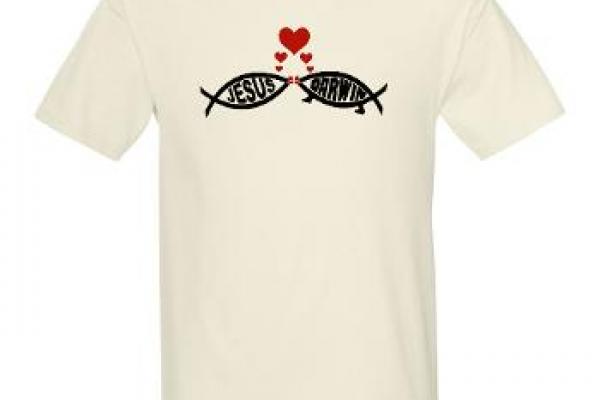There’s a lot at stake here. By trying to turn the Jewish poetry of the Genesis story into a scientific-historical text that would stand against evolution, Creationism, as an ideology, serves to diminish the account of human dignity established in the Creation story that might, in fact, represent a worthy alternative to Darwinism. Says [Marilynne] Robinson: “People who insist that the sacredness of Scripture depends on belief in creation in a literal six days seem never to insist on a literal reading of ‘to him who asks, give,’ or ‘sell what you have and give the money to the poor.’ In fact, their politics and economics align themselves quite precisely with those of their adversaries, who yearn to disburden themselves of the weak, and to unshackle the great creative forces of competition. The defenders of ‘religion’ have made religion seem foolish while rendering it mute in the face of a prolonged and highly effective assault on the poor.”
Read the Full Article

